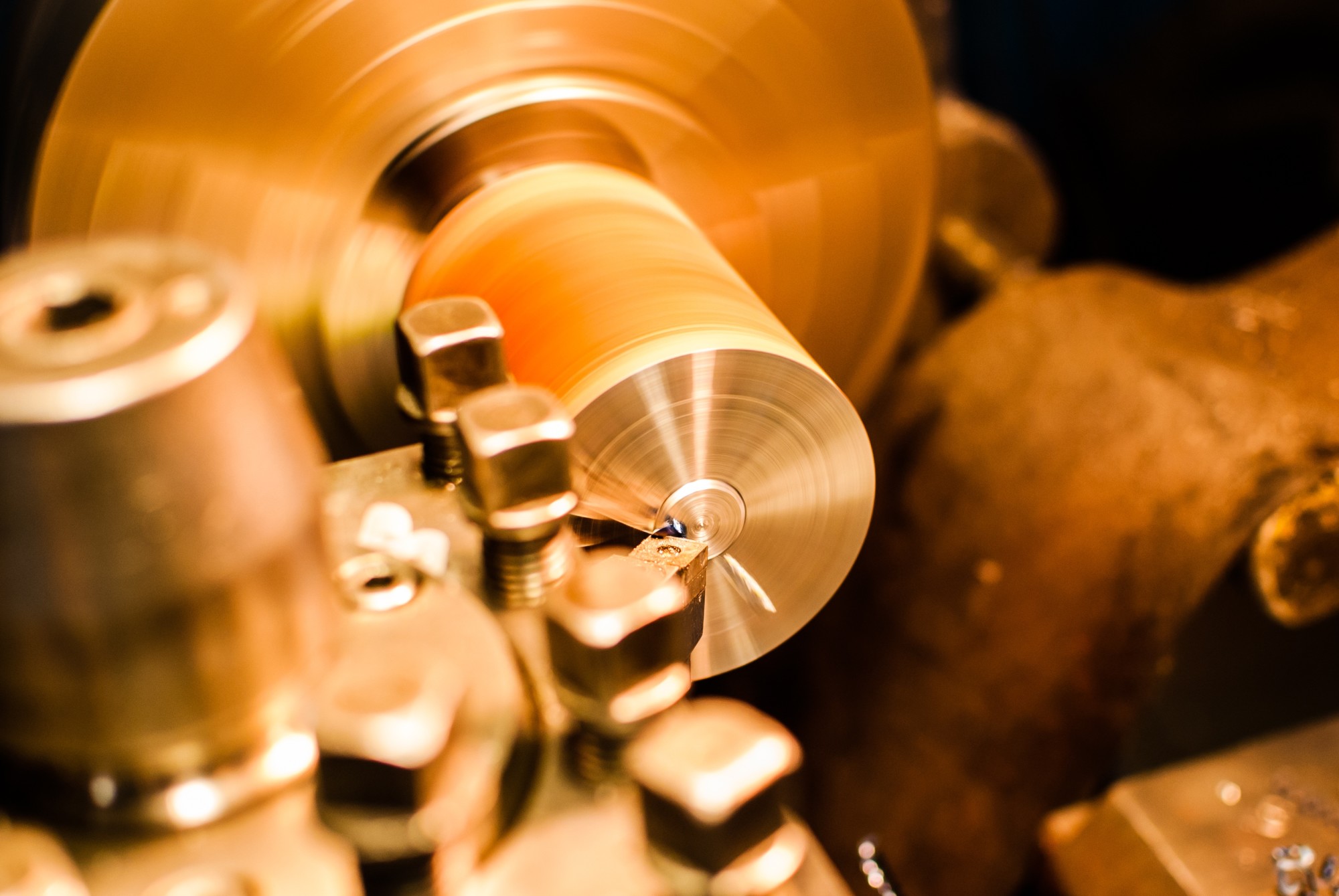
Workshop tools are, in a word, amazing.
As take a look at your tools, you might think of all the things they’ve made in the right hands. It might even be a tool that your father or grandfather used, with high sentimental value.
With tools like those, you can also see the incredible rate of innovation in your industry. If you don’t adapt, you get left in the past and, as a result, make fewer (or no) profits.
Need some more reasons to buy workshop equipment and buy workshop tools that match the modern age? Keep reading to get the push you need to buy the best workshop tools for your shop.
Table of Contents
1. High-Quality Means High Precision
High precision is where big bucks are, with medical and aerospace parts leading the way.
But if high precision is so great, why don’t more fabricators do it? High-quality machining tools usually have a higher price tag, too.
Remember, though, the old adage: “you get what you pay for.” When it comes to fabricating tight tolerances, this is especially true.
2. High-Speed and Accuracy Decreases Cycle Times
Despite that higher price, once you have a high-quality machine you’ll wonder how you operated before. High-quality machine tools often work faster and better.
To see the difference between a standard CNC lathe and a Swiss-style lathe, look here. You’ll notice that the Swiss-style lathe has two major differences to the standard style.
Swiss-style lathe material goes through chucks that move on the z-axis, and through a guide bushing. This means higher accuracy and greater speed. The tool zone can hold maybe more than 20 tools, or even tool changers, as a result.
3. They’re Usually Sturdier
To continue with our example, part of the appeal of a Swiss-style lathe is minimal (almost zero) deflection force, due to the proximity of the cutting to the guide bushing.
Because the bar goes through the chuck and the guide bushing, new material is fed through once the part is cut off. This replaces manually adding new material and reduces the chance of misalignment.
In a normal lathe, the chuck holds the workpiece in a cantilever. Deflection forces are high and this prevents working on pieces more than a 3:1 ratio of length to diameter.
Because a Swiss-lathe has less deflection force applied to the workpiece there’s less machine maintenance and higher-quality parts, as well as a higher range of parts you can make.
4. More Automation, Less Downtime
We’ve already gone into this a little, mentioning that bar stock gets loaded once and the machine will feed more for the next cycle. A robot or human no longer needs to load a new workpiece into the chuck.
This is a feature of more than Swiss-style lathes. Automation is continuing to grow in the fabrication industry, freeing your technicians up to set up other machines, collect finished components, and generally do other things.
High-Quality Workshop Tools: The New Wave
High-quality, high tolerance workshop tools will only continue to progress through time. It’s impossible to stay on the cutting edge constantly. But from time to time, tips about buying workshop tools aren’t enough.
You need to actually go out and buy the workshop tools to gain their benefits.
Keep browsing to find out more tips and advice about buying workshop tools and how to run your business efficiently.